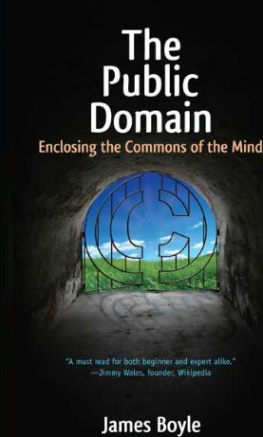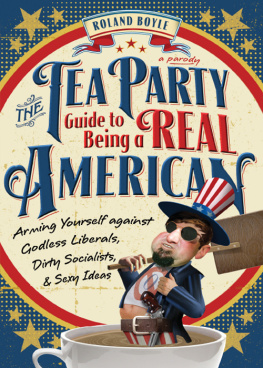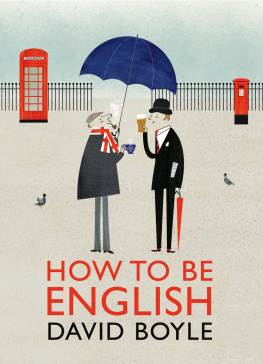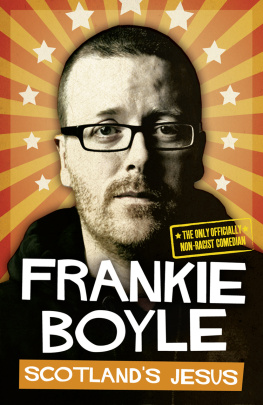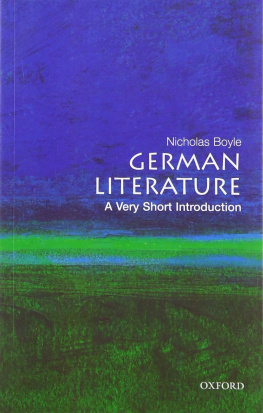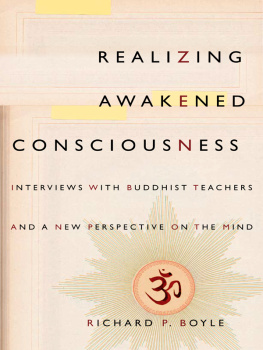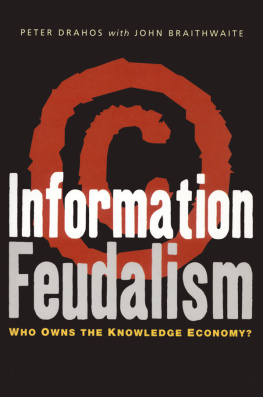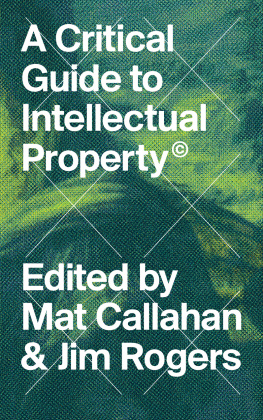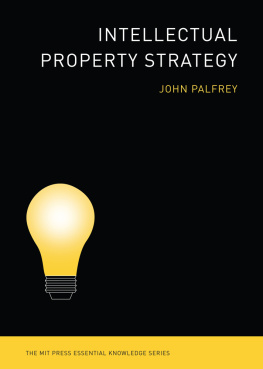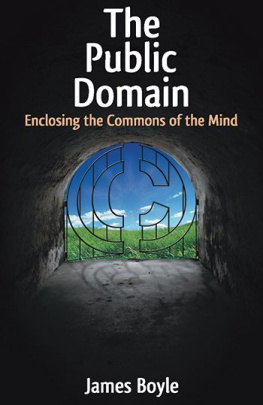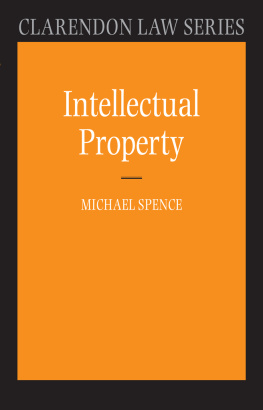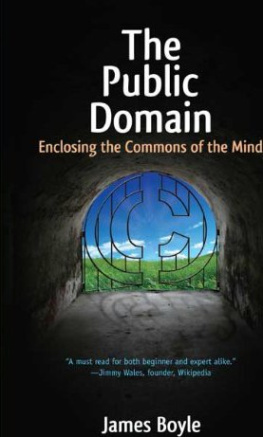Boyle - The Public Domain: Enclosing the Commons of the Mind
Here you can read online Boyle - The Public Domain: Enclosing the Commons of the Mind full text of the book (entire story) in english for free. Download pdf and epub, get meaning, cover and reviews about this ebook. City: London;New haven, year: 2008, publisher: Yale University Press, genre: Romance novel. Description of the work, (preface) as well as reviews are available. Best literature library LitArk.com created for fans of good reading and offers a wide selection of genres:
Romance novel
Science fiction
Adventure
Detective
Science
History
Home and family
Prose
Art
Politics
Computer
Non-fiction
Religion
Business
Children
Humor
Choose a favorite category and find really read worthwhile books. Enjoy immersion in the world of imagination, feel the emotions of the characters or learn something new for yourself, make an fascinating discovery.
- Book:The Public Domain: Enclosing the Commons of the Mind
- Author:
- Publisher:Yale University Press
- Genre:
- Year:2008
- City:London;New haven
- Rating:3 / 5
- Favourites:Add to favourites
- Your mark:
The Public Domain: Enclosing the Commons of the Mind: summary, description and annotation
We offer to read an annotation, description, summary or preface (depends on what the author of the book "The Public Domain: Enclosing the Commons of the Mind" wrote himself). If you haven't found the necessary information about the book — write in the comments, we will try to find it.
In this enlightening book James Boyle describes what he calls the range wars of the information agetodays heated battles over intellectual property. Boyle argues that just as every informed citizen needs to know at least something about the environment or civil rights, every citizen should also understand intellectual property law. Why? Because intellectual property rights mark out the ground rules of the information society, and todays policiesare unbalanced, unsupported by evidence, and often detrimental to cultural access, free speech, digital creativity, and scientific innovation.
Boyle identifies as a major problem the widespread failure to understand the importance of the public domainthe realm of material that everyone is free to use and share without permission or fee. The public domain is as vital to innovation and culture as the realm of material protected by intellectual property rights, he asserts, and he calls for a movement akin to the environmental movement to preserve it. With a clear analysis of issues ranging from Jeffersons philosophy of innovation to musical sampling, synthetic biology and Internet file sharing, this timely book brings a positive new perspective to important cultural and legal debates. If we continue to enclose the commons of the mind, Boyle argues, we will all be the poorer.
ReviewBoyle has been the godfather of the Free Culture Movement since his extraordinary book, Shamans, Software, and Spleensset the framework for the field a decade ago. In this beautifully written and subtly argued book, Boyle has succeeded in resetting that framework, and beginning the work in the next stage of this field. The Public Domainis absolutely crucial to understanding where the debate has been, and where it will go. And Boyles work continues to be at the center of that debate.Lawrence Lessig, C. Wendell and Edith M. Carlsmith Professor of Law, Stanford Law School and author of Free Culture and The Future of Ideas
(Lawrence Lessig )
In this delightful volume, Professor Boyle gives the reader a masterful tour of the intellectual property wars, the fight over who will control the information age, pointing the way toward the promiseand perilof the future.A must read for both beginner and expert alike!Jimmy Wales, founder, Wikipedia
(Jimmy Wales )
Boyle is one of the worlds major thinkers on the centrality of the public domain to the production of knowledge and culture.He offers a comprehensive and biting critique of where our copyright and patent policy has gone, and prescriptions for how we can begin to rebalance our law and practice. It is the first book I would give to anyone who wants to understand the causes, consequences, and solutions in the debates over copyrights, patents, and the public domain of the past decade and a half.Yochai Benkler, Berkman Professor of Entrepreneurial Legal Studies, Harvard Law School
(Yochai Benkler )
[T]his book is remarkable in many ways. . . I welcome this clarity and the sheer enthusiasm and humor of this simply delightful book.Edward J. Valauskas, First Monday
(Edward J. Valauskas First Monday 20090105)
The author is a fine writer, gifted teacher and great explainer so readers can actually enjoy this thoughtful and important discussion without seeking assisted stimulation. Richard Pachter, Miami Herald
(Richard Pachter Miami Herald 20090202)
About the AuthorJames Boyle is William Neal Reynolds Professor of Law, Duke University School of Law. He lives in Chapel Hill, NC.
Boyle: author's other books
Who wrote The Public Domain: Enclosing the Commons of the Mind? Find out the surname, the name of the author of the book and a list of all author's works by series.

